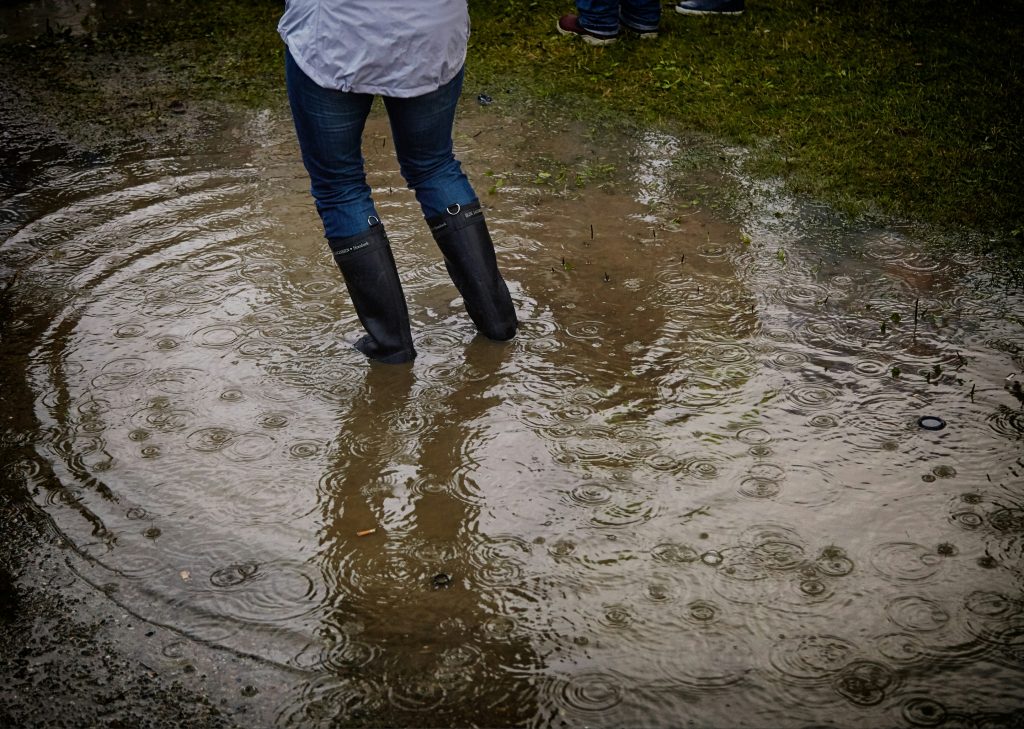 In a significant victory for the family of a deceased worker, the Louisiana Court of Appeal has overturned a previous ruling, ensuring they receive workers’ compensation death benefits. The case, Orozco v. Filser Construction & Aries Building Systems, Inc., centered around the complex issue of determining whether Serna Jr. was an independent contractor or an employee entitled to workers’ compensation benefits.
In a significant victory for the family of a deceased worker, the Louisiana Court of Appeal has overturned a previous ruling, ensuring they receive workers’ compensation death benefits. The case, Orozco v. Filser Construction & Aries Building Systems, Inc., centered around the complex issue of determining whether Serna Jr. was an independent contractor or an employee entitled to workers’ compensation benefits.
Case Background
Serna Jr. was working for his father’s company, Filser Construction, which was subcontracted by Aries Building Systems to perform work at a U.S. Navy facility. He was tragically killed while moving trailers on the job site. His alleged dependents, Mariana Orozco and Aggie Filiberto Serna Orozco filed a workers’ compensation claim against Filser and Aries.
 Louisiana Personal Injury Lawyer Blog
Louisiana Personal Injury Lawyer Blog


 In a stark reminder of the importance of procedural precision in the legal world, the
In a stark reminder of the importance of procedural precision in the legal world, the  In a recent decision, the
In a recent decision, the  In a recent decision by the
In a recent decision by the In a recent decision by the
In a recent decision by the  In a recent decision, the
In a recent decision, the  In a recent decision, the Louisiana Fifth Circuit Court of Appeal reversed a summary judgment granted to the
In a recent decision, the Louisiana Fifth Circuit Court of Appeal reversed a summary judgment granted to the  In a recent
In a recent  In personal injury law, the concept of “prescription” plays a crucial role. It’s essentially a deadline for filing a lawsuit; if you miss it, your claim could be barred forever. A recent
In personal injury law, the concept of “prescription” plays a crucial role. It’s essentially a deadline for filing a lawsuit; if you miss it, your claim could be barred forever. A recent  In a recent
In a recent